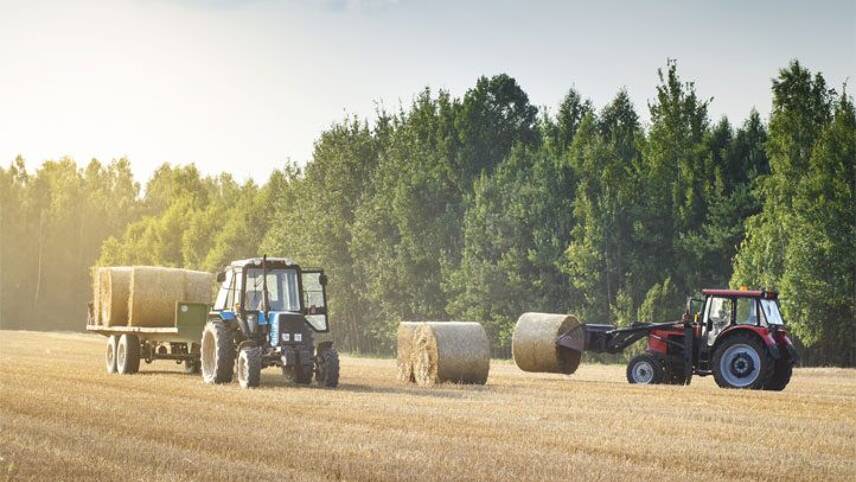Register for free and continue reading
Join our growing army of changemakers and get unlimited access to our premium content

WWF-UK argues that this would ensure that trade policies to not undermine current agricultural reforms in the UK
In a new policy briefing paper, WWF-UK and the Institute of Development Studies (IDS) argues that a set of CES would help improve the sustainability of agricultural value chains while also stabilising incomes for farmers.
The CES, if enshrined into law, would set minimum environmental requirements for all farming imports, which would be comparable to mandatory requirements that UK farmers need to meet.
WWF-UK argues that this would ensure that trade policies do not undermine current agricultural reforms in the UK, would not undercut farmers trying to make a living and would ensure that the UK’s environmental footprint isn’t offshored. Indeed, the UK imports almost half of the food that it consumes.
While the paper notes that the Sustainable Farming Incentive, one of three new Environmental Land Management Schemes (ELMS), has made strides in ensuring the farmers are rewarded for environmental practices, more needs to be done to safeguard the entire value chain.
WWF-UK’s director of policy Angela Francis said: “Food shortages following the Ukrainian crisis have shown that our current food system is not fit for purpose; we need a more resilient and fair system that can tackle the climate and nature crises and work for people.
“We know that we can farm in a way that benefits both people and nature but to get there, we need to align our trade policy with our environmental goals. The UK can do this by developing core environmental standards for all food imports, and supporting developing country farmers to meet those standards through financial and technical support for the modern agroecological practices that will generate more resilient income and lower inputs costs.”
WWF argued in December 2022 that the Government should introduce a set of CES to cover all imports and trade deals, to ensure UK farmers aren’t undermined and that the UK reduces the chance of incentivising harming environmental practices overseas.
The NGO argued that without a CES set, UK trade agreements could actually incentivise harmful environmental practices, as it would offer a zero tariff, zero quota market access for food. However, the UK has existing food standards for UK farmers and growers and WWF believes these should be mirrored in the CES.
UK farmers comply with various legal requirements to protect animal welfare and protect soils, habitats and water quality and WWF has urged the Government to transpose these into new CES for international imports. These standards would then apply to all of UK trade, whether under a trade deal or not.
The Government has since clarified its approach to incentivise UK farmers to introduce sustainable agriculture practices.
The Department for Food, the Environment and Rural Affairs (Defra) will begin making payments under its new Sustainable Farming Incentive (SFI) every quarter rather than every year. The SFI has been created to pay farmers for ‘common goods’ – not only their products, but the value they can preserve and create in nature. It has begun with payments for maintaining or improving soil quality and will, in time, be expanded to cover water, biodiversity and other metrics.


Please login or Register to leave a comment.